Live Inclusively Actualized: Listening to Understand
By Travis L. Jones, The Winters Group, Inc.
“I will strive to accept, and not just tolerate; respect, even if I don’t agree; and be curious, not judgmental. I commit to pausing and listening. I will be empathetic to the experiences and perspectives of my “others.” I will use my privilege positively, and get comfortable with my own discomfort.”
In times of polarization, both personally and globally, our instincts are to retreat to the safety of the people and places we call home. From there, grounded in our versions of reality, we launch diatribes of our views of the world to our distant “others” hoping they connect so they can finally see things as clearly as we can. But the world will not be saved through our drone-like dialogue with others—dropping our truth bombs from safe distances. Instead, real change in ourselves and others will come from the long, slow, messy work in the trenches of listening for understanding. There is a time and place for our truth bombs. But our truths will have their greatest impact when they are directed, intentional and guided by love.
Deep listening to our social others is the way we gain clarity and purpose for our attempts at real dialogue. Anything less creates the kind of ping-pong-esque discussions where one side waits for another to stop talking to get their next point across. Dialogues, unlike these discussions are more like playing catch in the backyard where two people are honing their skills and enjoying each other’s company.
The dialogue-as-playing catch analogy obviously breaks down when we think about having difficult conversations with people that see the world differently than we do—especially when their versions of the world include our demise or the demise of what we hold dear. But there’s an element of true dialogue that is often forgotten that may be a missing link to our increasing world of futile, and fatiguing, discussions: listening.
Listening is easier said than done, thus our inability to do it well and often. One of the reasons real listening is so hard is that the constantly running inner-script of our minds keeps us from understanding our others in dialogue. We hear someone else when the sound of their voice and the articulation of their words register to our ears, but we listen to others when we understand them for who they are and what they mean. We listen for understanding; we hear to be understood.
One of the ways I have been practicing being a better listener in dialogue is to quiet the inner-script of my mind from preparing my next thought, and instead, to seeking deeper understanding of the world of my other. Again, if listening is different than hearing I am not slowing down to make sure I understood clearly the words they are speaking. Rather, the deeper meaning of their words is what I’m most interested in. Deep listening doesn’t mean I agree, but it gets me closer to understanding.
Active listening means I’m searching for the values, beliefs, desires, and fears that, like an iceberg, are hidden much deeper than the consonants and vowels coming off their lips. Unlike discussions, with their pre-planned truth-bombs and defensive truth-shields in which two people have essentially finished a conversation before it ever starts, in dialogue, there is novelty, unpredictability and the hope for real change. Dialogue creates space to ask clarifying questions and dig for deeper meaning. Dialogue also includes asking questions of yourself: Did I hear that right?”; “What did they mean by that?”; and “What’s their deeper value?”
Back to the playing catch analogy. If dialogue is a back-and-forth between two people who want to understand each other, with no winners and losers, then listening is the skill to be crafted and honed over time—like throwing a good spiral. When I am listening for understanding, and not to first be understood, I open myself up to opportunities to learn from others who see the world differently than me. And although listening may provide me more informed and empathetic responses when It’s my turn to share, listening also gives me gifts from which only I can learn. Sometimes, listening in one conversation provides me with deeper understanding for a completely different dialogue down the road.
I can’t tell you how many times I’ve left a dialogue and wished I would have said x,y, and z – moments that I’d give anything to go back for a do-over. But, what I’m learning is that deep listening is a gift that keeps giving—it just may not give at the times and places that you expect it to. Listening, more than anything, is the way you challenge and feed your own soul. Listening is for you first; others second. In a world of hearers waiting to be understood, I want to challenge you to get selfish and greedy with your listening to understand. The world and its people are endlessly complex—for better and worse—and listening is the great sense-maker amidst the chaos.
